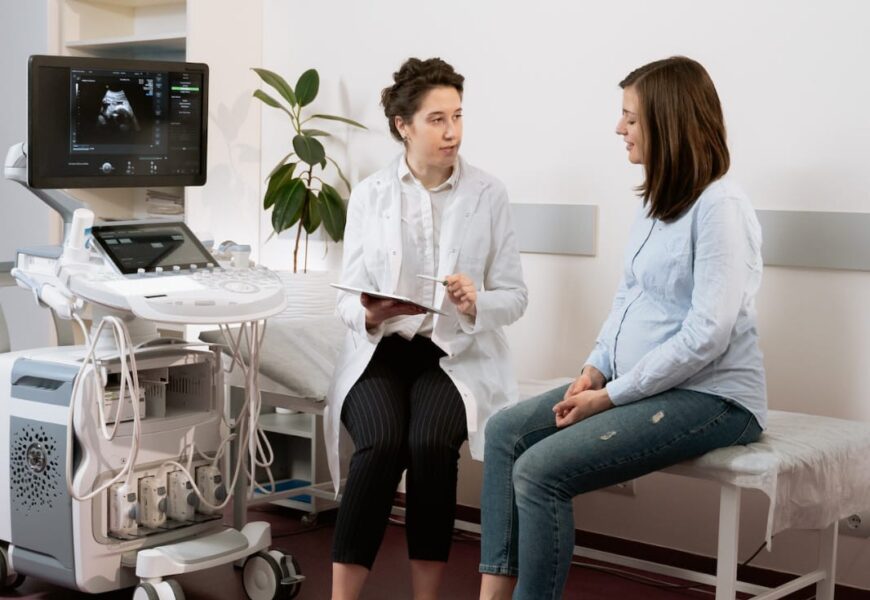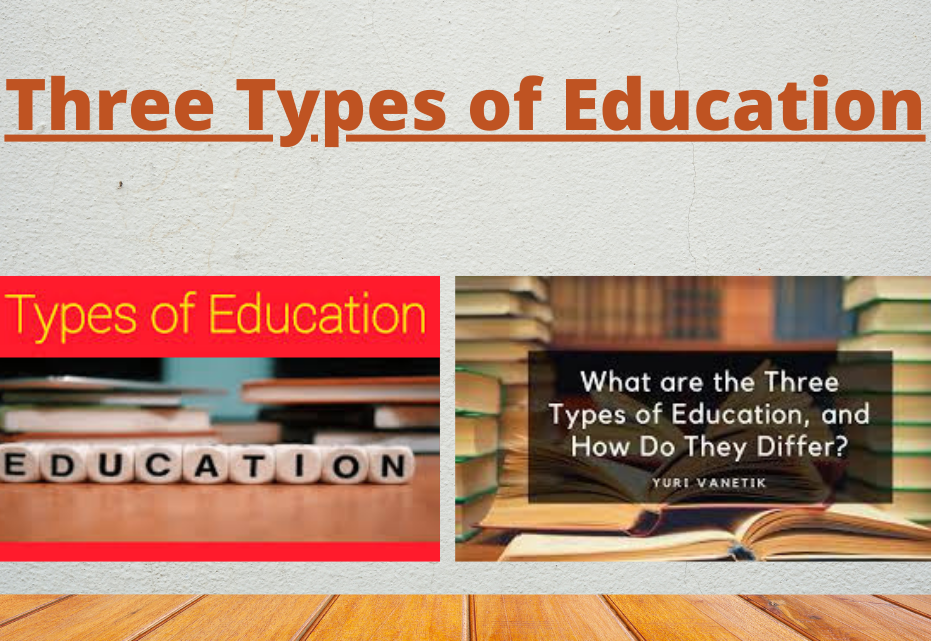In recent years, technology has revolutionized various industries, and healthcare is no exception. The integration of technology into healthcare operations has paved the way for improved patient care, streamlined processes, and increased efficiency. From electronic health records to telemedicine, the advancements in technology have transformed healthcare delivery. In this blog post, you will explore six key ways in which technology can enhance healthcare operations, benefiting both healthcare providers and patients.
Electronic Health Records (EHR)
One notable breakthrough in healthcare technology is the integration of electronic health records (EHR). These systems enable healthcare professionals to access and modify patient information seamlessly, resulting in streamlined documentation processes, reduced errors, and enhanced overall efficiency.
Moreover, EHRs facilitate effortless data sharing among various healthcare providers, thereby improving care coordination. By incorporating remote patient monitoring software, healthcare providers can remotely track patients’ vital signs and health conditions, ensuring prompt interventions when necessary.
Telemedicine
Telemedicine has experienced substantial growth in recent years, fueled by the widespread availability of high-speed internet connections. This innovative approach enables healthcare professionals to deliver medical consultations remotely, granting patients access to timely care without the need for in-person visits to clinics or hospitals.
Through video conferencing and other communication tools, doctors can diagnose and treat minor ailments, conduct follow-up appointments, and provide medical advice. To complement telemedicine, remote patient monitoring services play a vital role by enabling healthcare providers to remotely track patients’ health conditions and intervene promptly whenever necessary.
Artificial Intelligence (AI) and Machine Learning
Artificial intelligence (AI) and machine learning (ML) hold tremendous promise for enhancing healthcare operations. AI-powered algorithms can analyze vast amounts of patient data, identify patterns, and offer valuable insights for diagnosis and treatment planning. ML algorithms can be trained to predict disease progression, leading to improved early detection and intervention strategies.
Moreover, AI can play a crucial role in automating administrative tasks, such as appointment scheduling and billing, alleviating administrative burdens on healthcare providers. By leveraging AI and ML technologies, healthcare professionals can focus more on patient care while benefiting from efficient and data-driven decision-making processes.
Internet of Things (IoT)
The Internet of Things (IoT) has revolutionized healthcare operations by fostering connectivity among various devices. IoT devices, including wearable health trackers, can gather real-time data on patients’ vital signs, physical activity, and sleep patterns. This data can be seamlessly transmitted to healthcare providers, empowering them to remotely monitor patients and proactively identify potential health concerns.
By integrating remote patient monitoring services with IoT devices, healthcare providers can offer continuous monitoring, leading to early intervention and improved patient care. The synergy between IoT and remote patient monitoring services plays a pivotal role in ensuring comprehensive and timely healthcare delivery.
Robotics and Automation
Robotic technology has made remarkable advancements in healthcare, specifically in the realms of surgical procedures and patient care. Robotic-assisted surgeries provide superior precision, minimize invasiveness, and expedite recovery times. Robots are also capable of automating repetitive tasks within healthcare settings, such as medication dispensing and inventory management, liberating healthcare professionals to dedicate their attention to patient care.
The integration of automation technologies streamlines workflows, diminishes errors, and enhances overall efficiency in healthcare operations. By harnessing the potential of robotics and automation, healthcare institutions can elevate the quality of care while optimizing resource allocation.
Data Analytics and Predictive Modeling
The healthcare industry produces an extensive volume of data, and harnessing this data can result in improved patient outcomes. Data analytics and predictive modeling techniques can uncover trends, identify risk factors, and evaluate treatment effectiveness, empowering healthcare providers to make informed decisions based on data-driven insights.
Predictive modeling aids in the identification of patients with a heightened risk of specific diseases, facilitating proactive interventions and preventive measures. Furthermore, data analytics enables optimized resource allocation, enhances operational efficiency, and contributes to heightened patient satisfaction.
By leveraging the potential of data analytics, healthcare organizations can drive better patient outcomes while maximizing the utilization of resources.
Bottom Line
The integration of technology into healthcare operations has the potential to transform the industry, improving patient care and streamlining processes. By embracing remote patient monitoring services and other technological advancements, healthcare providers can remotely monitor patients, automate administrative tasks, and make data-driven decisions for better outcomes. As technology continues to evolve, its impact on healthcare operations will only grow, ultimately leading to improved healthcare access and quality for all.
More Blogs:
- Wellhealthorganic.com:vitamin-e-health-benefits-and-nutritional-sources
- The Importance of B Pharmacy in Today’s Healthcare system
- “How many days until school ends 2023?” Counting Down the Days:










